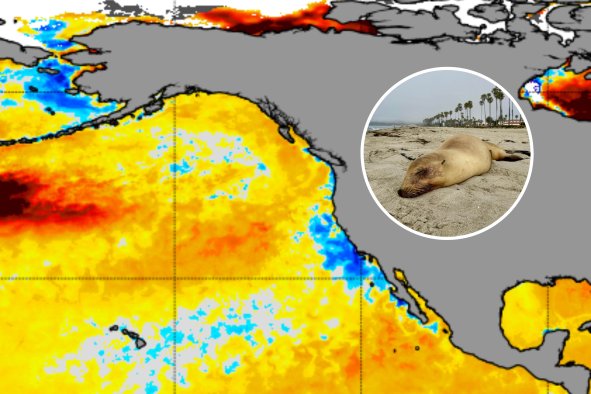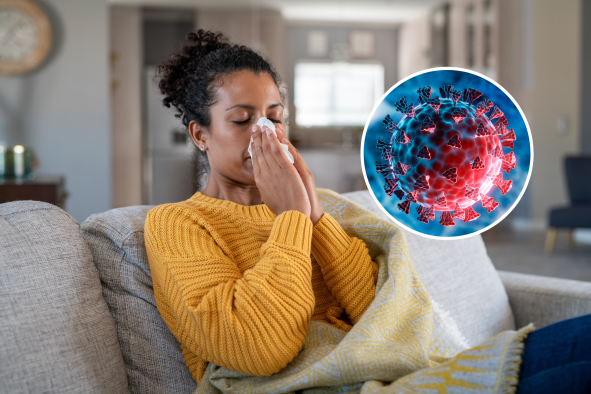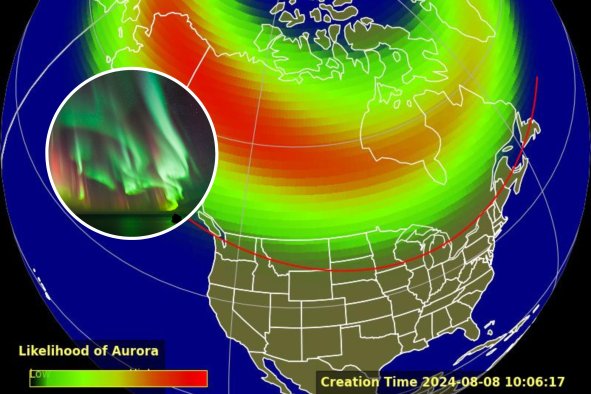An emergency order halting sales has been issued by the U.S. Environmental Protection Agency (EPA) for the pesticide DCPA, with the agency saying that the common weed killer may pose a safety threat to unborn babies.
This is the first time in almost 40 years that the EPA has put out an emergency order like this ban, and it follows several years of data analysis and safety assessments.
"DCPA is so dangerous that it needs to be removed from the market immediately," said Michal Freedhoff, assistant administrator for the Office of Chemical Safety and Pollution Prevention, in a statement. "It's EPA's job to protect people from exposure to dangerous chemicals."
He continued: "In this case, pregnant women who may never even know they were exposed could give birth to babies that experience irreversible lifelong health problems."
DCPA, also known as dimethyl tetrachloroterephthalate or Dacthal, is a registered weed killer used in agricultural and nonagricultural settings. Its primary use in the U.S. is on crops like broccoli, Brussels sprouts, cabbage and onions, as well as nonresidential grasses and turf such as golf courses and sports fields.
The weed killer works by inhibiting root growth in its target plants. However, research has shown that DCPA exposure may also affect thyroid hormone levels in fetuses, with potential links to low birth weight, impaired brain development, decreased IQ and impaired motor skills later in life.
While product labels advise restricted entry to fields for 12 hours after DCPA application, the EPA said that evidence suggests DCPA levels may remain unsafe for 25 days or more. Some pregnant women who handle DCPA products have been exposed to levels that are four to 20 times the "safe" concentrations for unborn babies, the agency said.
"Farmworkers face burdensome conditions in the fields and often face exposure to harmful pesticides while working to feed our nation," U.S. Representative Raúl Grijalva said in the statement.
He went on: "I applaud the emergency action by the EPA which prioritizes farmworker health and safety, especially for pregnant women, by suspending this harmful chemical from our agricultural systems.
"We must continue to build on this progress and ensure all farmworkers are given the protection, worker's rights, and overtime pay they deserve," the Arizona congressman said.
Tuesday's emergency order goes into effect immediately, and the EPA said it intends to issue a notice of intent to cancel DCPA products within the next 90 days.
Is there a health problem that's worrying you? Let us know via health@newsweek.com. We can ask experts for advice, and your story could be featured in Newsweek.
Disclaimer: The copyright of this article belongs to the original author. Reposting this article is solely for the purpose of information dissemination and does not constitute any investment advice. If there is any infringement, please contact us immediately. We will make corrections or deletions as necessary. Thank you.



